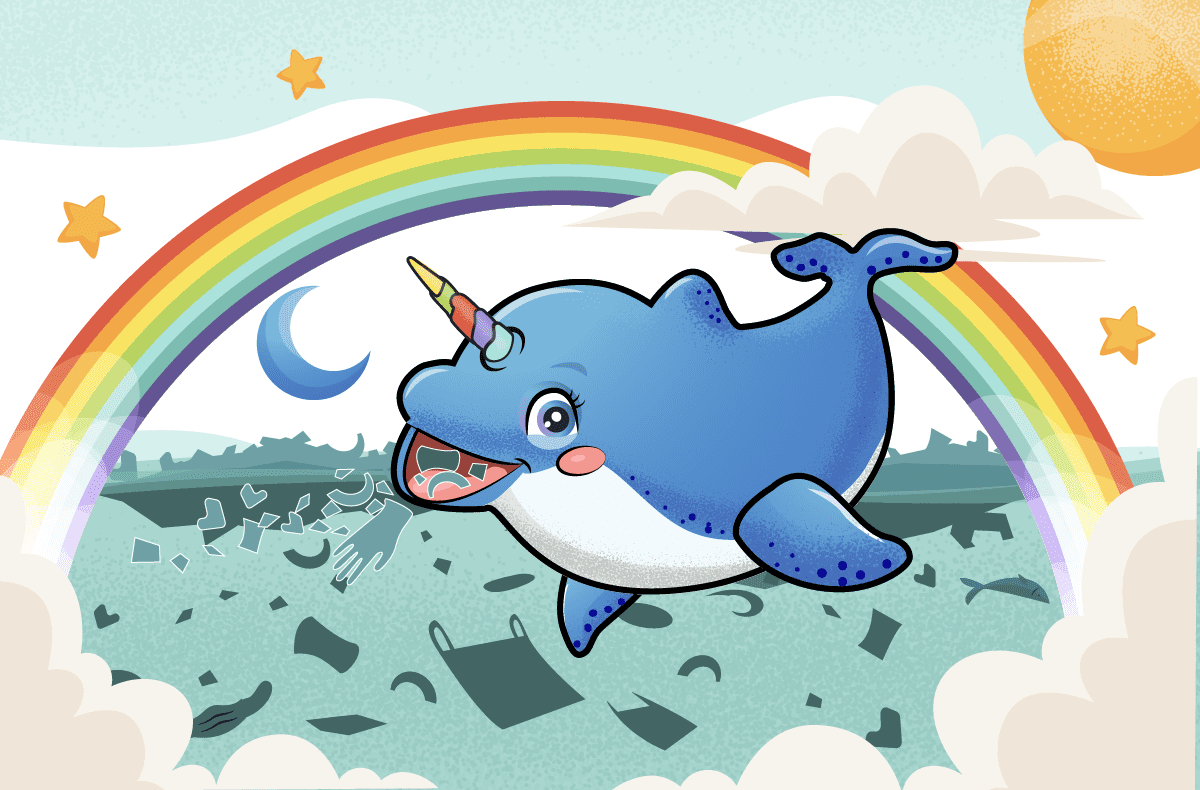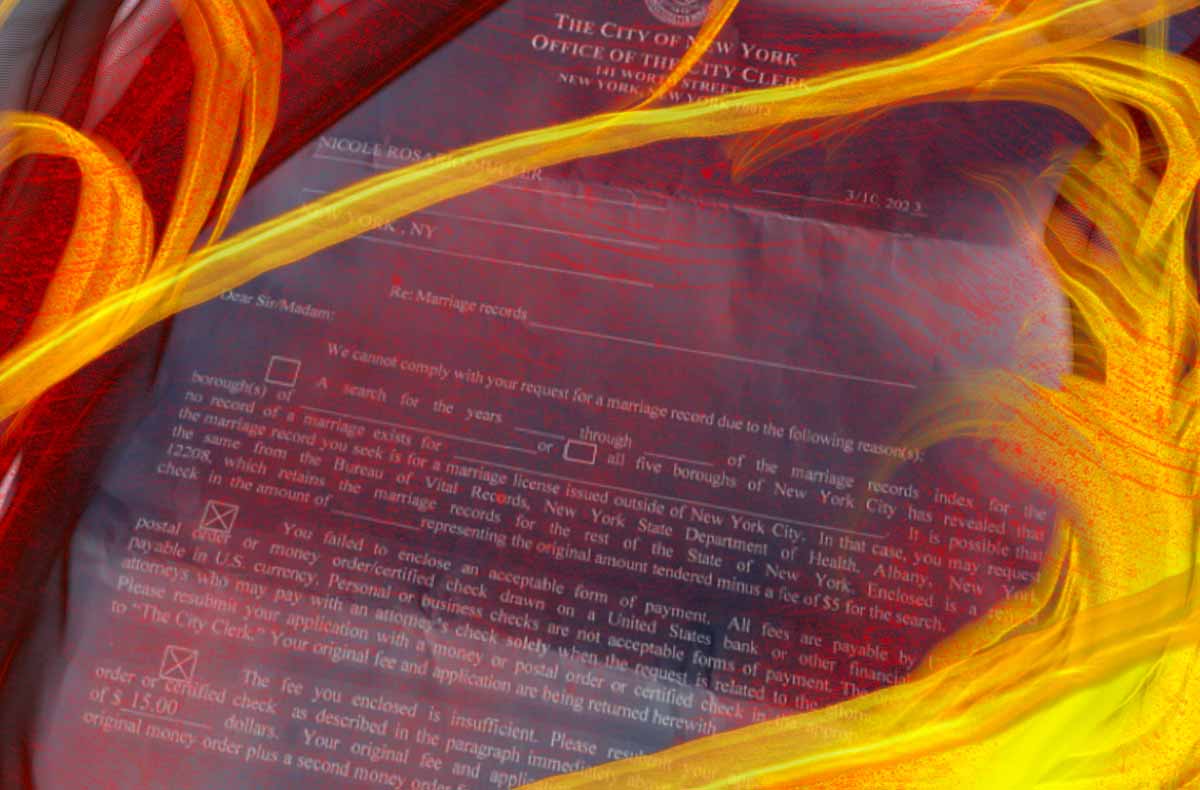
As I’ve written about before, one of my favorite phenomena of editing for New Thinking is how an unexpected conversation arises across disparate articles. Every now and then, there’s something in the air that makes completely different contributors from completely different walks of life, and geographic locations write on similar subjects. A few weeks ago, we saw an interesting discussion of envy, which I couldn’t resist tagging into. Lately, we’ve seen a few articles exploring the virtue of doubt, skepticism, and contrarianism: or what we might more casually refer to as “calling bullshit” on stuff the mainstream commonly accepts.
First, Faith Spear spoke about the importance of contrarianism in an age of conformity around New Year’s. At the start of this month, Adam Irwin advocated for doubting the experts we’ve been told to trust. And then a few days later, Zachary Bernstein shared “an appeal for vigilant skepticism” while reflecting on how the now notorious liar George Santos was elected in the district representing the community he grew up in Long Island.
At the core of these disparate articles lies a common theme: skepticism, doubt, and offering uncomfortable friction against unanalyzed beliefs is a good thing. A necessary thing. A thing we ought to see more of. Overall, I’d say I agree… but with a little caveat.
To offer my support in full un-caveated glory, I’m going to go full Hannah Arendt’s the banality of evil on you. Because you can’t talk about conformity and bad shit happening when you blindly follow the status quo, without talking about—what?
You guessed it: Nazis.
As Arendt so powerfully captured in writing about the trial of SS Lieutenant Colonel Adolf Eichmann, you can be the baddest of the bad without actually being an evil person. To her, the true core of evil wasn’t mustache-twirling hearts of darkness: it was everyday banality. Going with the flow. Following orders. Thinking, “if he did it it’s probably fine.”
Humans are pack animals, which can be our greatest strength and our greatest weakness. Herd mentality is very real. If you’ve ever attended some kind of mass sporting or entertainment event for which you didn’t give two shits, you probably have experienced this. You enter the stadium, concert hall, or arena, thinking, “eh, I don’t know these teams, but this was a free ticket,” or “I dunno, I guess I remember Ricky Martin from high school, and he was fun enough.” Cut to twenty minutes later when you’re screaming your lungs out with the fans beside you—or magically discovering you still remember all the words to “She Bangs.”
The pull of tribalism is strong, seductive, and hard to resist, even when it’s in the silliest of locations. I’ll never forget going to Medieval Times with my friend—if you’re not privy to this glorious American invention, it’s sort of like a mass-produced, dinner-theater version of a Renaissance Faire. Everyone is arbitrarily assigned a color for the different sections of the arena, and you get to root for your specifically hued knight as he jousts with the others. (You also get to eat with your hands and drink kitschy flagons of soda—when you visit as a child—or beer—when you visit as weird random adults as we did.)
The stakes could not possibly be lower. We literally had no relationship to this knight-performer other than someone had handed us a black and white crown a few minutes ago, and he was wearing a black and white outfit. And yet when our knight was knocked from his steed, my friend and I screamed with dismay and then whooped in triumph when he knocked down the Green knight. I will never forget looking over at my friend, who is genuinely one of the sweetest, kindest people I know, who was screaming, “KILL HIM!” with a maniacal gleam in her eye. (It probably also didn’t hurt that we’d gotten quite a few refills of beer in our collectible steins.)
So, yes: groupthink? Bad. Nazis? EXTRA bad. Not calling the references provided on a resume? Well, not as bad as Nazis, but you should probably check those.
But here comes the promised caveat: while a dose of healthy skepticism is absolutely good for society and avoiding the pitfalls of fascism and other totalitarian shenanigans, you don’t want to turn into a cynic. We need to be able to trust each other at least a little, otherwise the entire social fabric just disintegrates.
While it’s true that blind obedience leads to poor outcomes, the same is true when you swing the pendulum to the other extreme. Here, you’ll find paranoid preppers who trust no one and are dogmatically certain that anything provided by “experts” or “authorities” is part of the lizard peoples’ grand plot to mind control us through 4G networks and Jewish space lasers. When you doubt everything, the shit you wind up actually believing is pretty out there.
Question experts, sure. Triangulate your research, double-check resources, absolutely. But don’t start thinking that exercising your God-given right to doubt means that you shouldn’t trust anyone anymore, to the point that it means science isn’t real. That some wild conspiracy theory is more credible than all of the CDC and every professional doctor that exists. (Yeah… I’m speaking to you, vaccine deniers.)
Doubt is a double-edged sword. It can protect you from pretenders, but it can also cut you off from those whose support you could truly need. So swing it carefully. (Unless you’re the black and white knight, facing down the green one. In that case: KILL HIM!!!)



